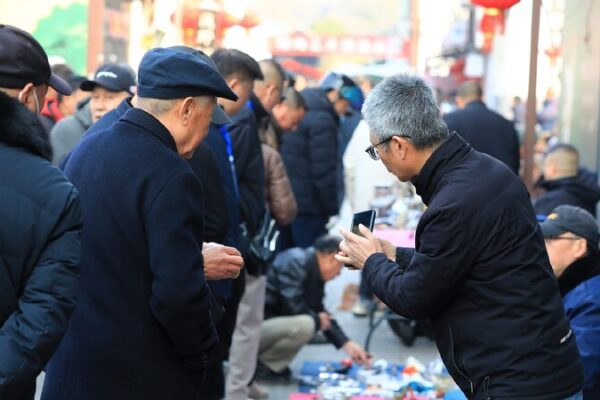China is marking the 12th anniversary of its visionary proposal to build a community with a shared future for mankind. More than just a hopeful ideal, this initiative has laid out practical pathways and action plans that are reshaping global health.
Over the past few decades, China has made remarkable strides in public health. Average life expectancy, a key indicator of a nation’s health, has soared from 35 years in 1949 to 79 years in 2024. Deadly infectious diseases like smallpox, polio, and malaria have been eradicated within its borders.
But China’s commitment to health doesn’t stop at home. Embracing the vision of a global community of health for all, China has been actively sharing its healthcare achievements with the world. By the end of 2023, China had dispatched over 30,000 medical personnel to 76 countries and regions, providing medical services to nearly 300 million patients and aiding in the construction of more than 130 medical and health facilities.
Since sending its first medical team to assist Algeria in 1963, Chinese medical teams abroad have significantly contributed to global public health. They’ve established medical partnerships with 46 institutions in 41 countries and regions and built 25 key clinical specialty centers.
In Africa, for example, by the end of July 2024, Chinese medical teams in countries like Sudan and Malawi had treated around 8.47 million outpatients and 459,400 inpatients, performing over 253,400 surgeries. Beyond treatment, these teams share their expertise and medical technology with local doctors. Statistics show that Chinese medical teams have trained over 100,000 local medical personnel, enhancing healthcare expertise in recipient countries and earning immense appreciation.
Though Chinese medical teams may not stay indefinitely, the methods and technologies they introduce continue to benefit local communities. Traditional Chinese Medicine (TCM), introduced by these teams, has become a popular choice for patients in many countries. Today, TCM has spread to 196 countries and regions, with more than one-third of the world’s population having received TCM treatments.
The Chinese government has worked closely with the World Health Organization (WHO) to integrate traditional medicine into the global health system. China has signed TCM cooperation agreements with over 40 governments, regional authorities, and international organizations, establishing 30 high-quality overseas TCM centers in countries participating in the Belt and Road Initiative.
Moreover, the WHO has included traditional medicine, with TCM as a main component, in the 11th revision of the International Classification of Diseases. Looking forward, China plans to train over 1,300 foreign professionals in TCM over the next three years, aiming to promote international exchanges and enhance global expertise in the field.
China’s dedication to building a global community of health for all reflects its commitment to shared prosperity and well-being. As nations grapple with health challenges, China’s contributions are fostering stronger international cooperation and improving lives around the world.
Reference(s):
China's global health efforts: Building a community of health for all
cgtn.com







